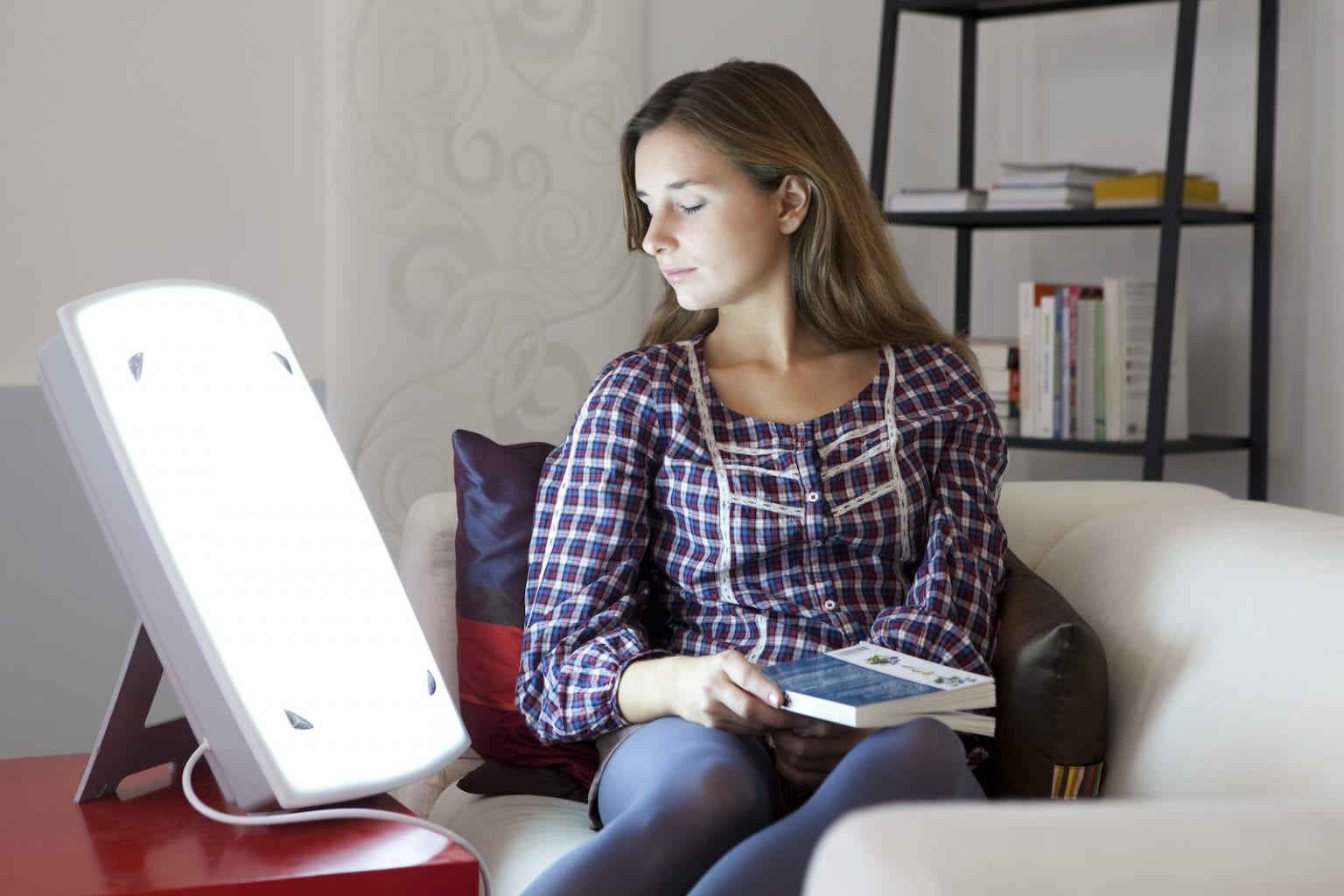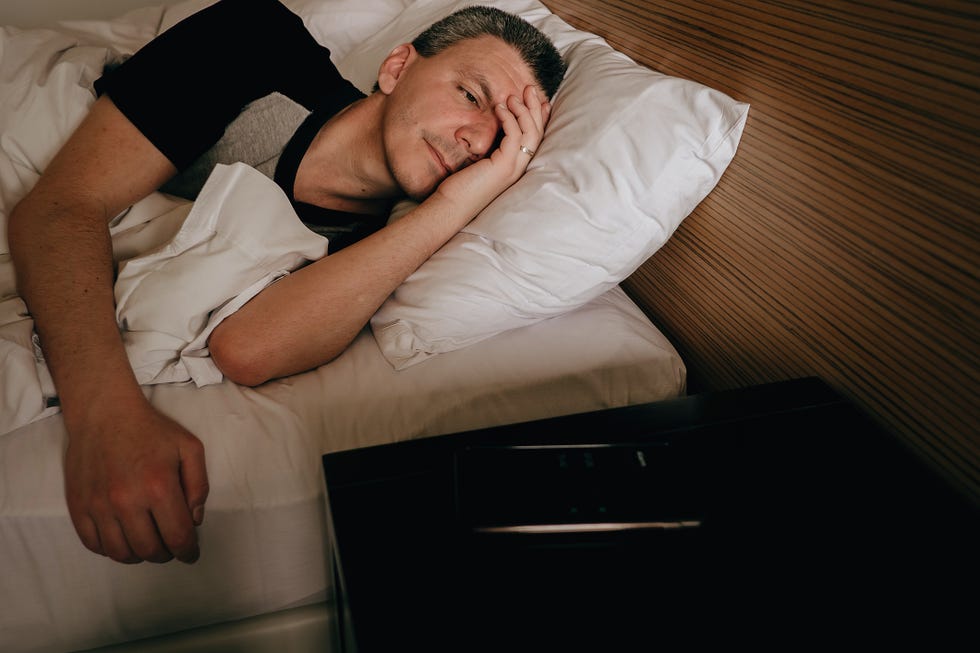Sleep Improvement Therapy - Improve Your Sleep High Quality
Sleep Improvement Therapy - Improve Your Sleep High Quality
Blog Article
Efficient Treatment Solutions for Taking Care Of Rest Disorders and Enhancing Relaxing Rest
In the realm of health care, the management of sleep disorders and the quest for peaceful rest are essential parts of overall wellness. As we navigate the complex landscape of sleep disorders and look for to boost our sleep experience, a much deeper understanding of these therapy options might hold the trick to unlocking a much more relaxing and fulfilling corrective trip.
Cognitive Behavioral Treatment for Sleeplessness (CBT-I)
Cognitive Behavior Modification for Sleeplessness (CBT-I) is a structured, evidence-based therapy method that concentrates on dealing with the hidden variables adding to sleep disruptions. This type of treatment intends to change habits and thoughts that exacerbate insomnia, inevitably advertising healthy sleep patterns. CBT-I typically includes several vital components, consisting of cognitive therapy, sleep limitation, stimulus control, and sleep health education and learning.
Cognitive therapy aids individuals determine and change adverse thought patterns and ideas about sleep that might be impeding their capability to fall or remain asleep. Sleep constraint involves limiting the amount of time spent in bed to match the person's real rest period, thereby boosting rest efficiency (sleep therapy). Stimulus control strategies assist establish a solid association in between the bed and rest by urging people to visit bed only when sleepy and to avoid participating in stimulating activities in bed
In addition, rest hygiene education and learning focuses on creating healthy rest routines, such as keeping a regular sleep routine, developing a relaxing bedtime routine, and optimizing the sleep setting. By addressing these variables thoroughly, CBT-I offers an efficient non-pharmacological intervention for managing insomnia and enhancing total rest quality.
Sleep Hygiene Practices
Having actually developed the structure of cognitive restructuring and behavioral adjustments in addressing sleeping disorders via Cognitive Behavior modification for Insomnia (CBT-I), the emphasis now moves in the direction of exploring necessary Sleep Hygiene Practices for preserving optimal sleep top quality and overall well-being.
Rest hygiene practices incorporate a series of routines and ecological factors that can dramatically impact one's ability to sleep and remain asleep throughout the evening. Regular rest and wake times, creating a relaxing going to bed regimen, and optimizing the sleep atmosphere by maintaining it dark, silent, and cool are crucial components of excellent rest hygiene. Limiting direct exposure to screens prior to bedtime, staying clear of energizers like caffeine close to bedtime, and taking part in routine physical task throughout the day can likewise promote much better rest quality.
Moreover, exercising leisure techniques such as deep breathing workouts or meditation before bed can aid relax the mind and prepare the body for rest. By incorporating these sleep health practices into one's day-to-day routine, people can establish a healthy rest pattern that supports relaxed rest and overall health.
Relaxation Methods and Mindfulness
Carrying out leisure techniques and mindfulness techniques can play a critical role in promoting a feeling of calmness and promoting quality rest. Furthermore, directed imagery can assist carry individuals to a calm location in their minds, assisting in tension decrease and improving rest quality.
Mindfulness methods, such as reflection and yoga exercise, are additionally efficient in advertising leisure and boosting rest. Mindfulness encourages individuals to stay existing in the minute, releasing stress over the past or future. By integrating these techniques into a bedtime routine, individuals can indicate to their bodies that it is time to loosen up and prepare for rest. Generally, integrating relaxation methods and mindfulness techniques can substantially add to handling rest disorders and improving total rest high quality.

Medicine Options for Rest Disorders
After checking out relaxation strategies and mindfulness techniques as non-pharmacological treatments for improving sleep high quality, it is important to think about medicine alternatives for individuals with sleep problems. In cases where way of life adjustments and therapy do not supply enough relief, medicine can be an important device in taking care of find this rest disturbances.
Typically recommended medications for rest problems consist of benzodiazepines, non-benzodiazepine hypnotics, antidepressants, and melatonin receptor agonists. Antidepressants, such as trazodone, can be helpful for individuals with co-occurring clinical depression and rest disturbances - sleep deprivation help.
It is crucial for individuals to speak with a doctor to figure out the most ideal medicine alternative based upon their particular rest disorder and clinical history.
Light Treatment for Body Clock Policy
Light therapy, additionally referred to as phototherapy, is a non-invasive therapy method used to manage body clocks and enhance sleep-wake cycles. This treatment includes exposure to brilliant light that mimics natural sunshine, which helps to reset the body's interior clock. By subjecting people to specific wavelengths of light, generally in the early morning or evening depending on the wanted result, light treatment can effectively readjust the body clock to advertise wakefulness throughout the day and boost relaxing rest at evening.
Research has revealed that light treatment can be particularly valuable for individuals with body clock problems, such as delayed sleep stage syndrome or jet lag. It can also be handy for those experiencing seasonal depression (SAD), a sort of depression sleep disorder doctor that generally takes place during the winter season months when natural light direct exposure is lowered. Light treatment is generally well-tolerated and can be used combined with other treatment techniques for sleep conditions to enhance end results and boost total rest top quality.
Verdict
In verdict, reliable treatment solutions for managing rest problems and boosting relaxed rest consist of Cognitive Behavior modification for Sleep Problems (CBT-I), rest health techniques, relaxation strategies and mindfulness, medication options, and light treatment for circadian rhythm regulation. These techniques can help individuals enhance their sleep quality and general wellness. It is vital to talk to a doctor to figure out one of the most suitable strategy for attending to rest problems.
As we browse the intricate landscape of sleep disorders and seek to improve our rest experience, a much deeper understanding of these treatment solutions may hold the key to opening a more refreshing and meeting corrective trip.
Rest limitation includes restricting the amount of time invested in bed to match the person's real sleep duration, therefore boosting sleep performance. Constant rest and wake times, creating a relaxing going to bed regimen, and maximizing the sleep setting by maintaining it dark, quiet, and cool are important elements of great sleep health. Light treatment is usually well-tolerated and can be made use of in conjunction with other therapy techniques for rest conditions to optimize outcomes and boost overall rest quality.

Report this page